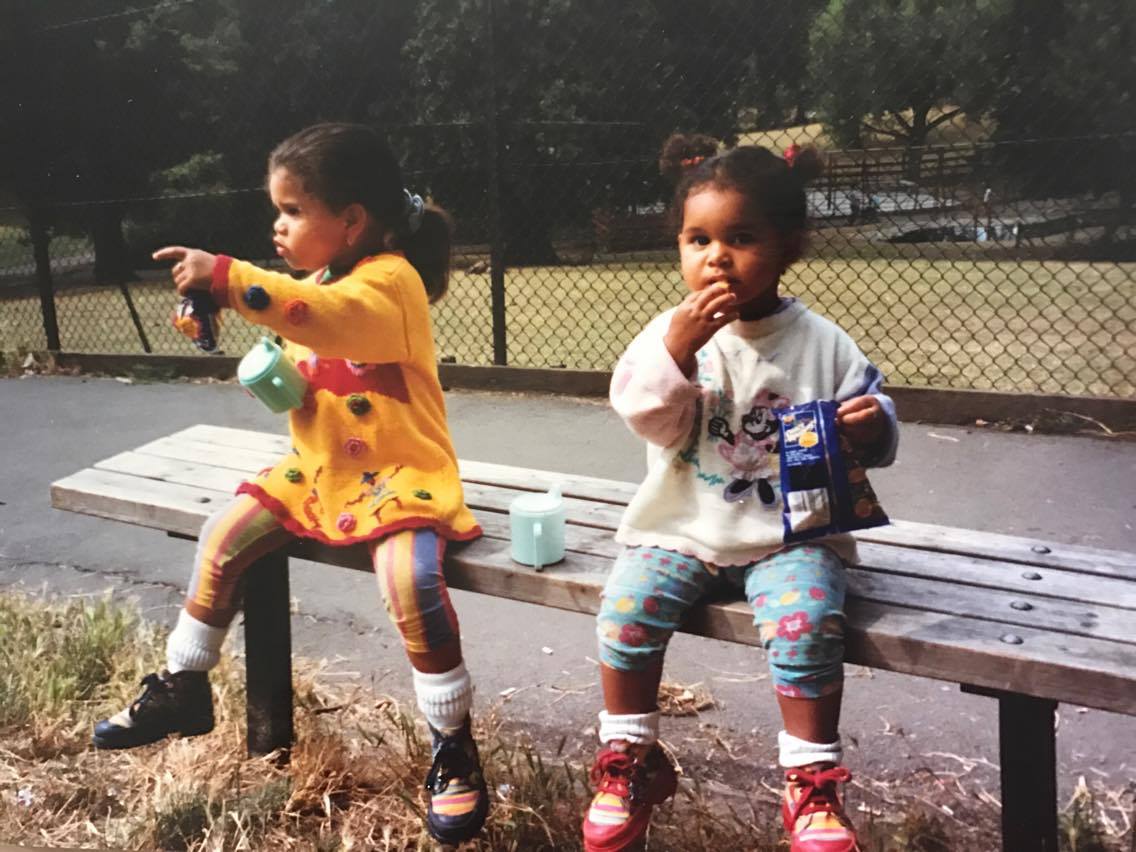
I’m not sure when I first noticed it. The parents staring at me, eyes filled with suspicion as they ushered their children away from mine during pick up, amidst cries of “That’s my friend! I want to say hello!” The forest school leader deliberately ignoring my child during a game of hide and seek, and neglecting to hand him a magnifying glass from the box despite him standing in line patiently with the other children, instead choosing to turn her back and put the box down when he stepped up towards her. When I did notice it, I didn’t want to believe it. The loneliness I felt as I was met with contempt at the extracurricular activities I took my children to.
“There’s nothing more devastating as a parent than witnessing the rejection of your child, more so when you strongly suspect that racial bias is the cause.”
There’s nothing more devastating as a parent than witnessing the rejection of your child, more so when you strongly suspect that racial bias is the cause. Growing up in a predominantly white, middle class area and attending white majority independent schools, I never felt out place. The colour of my skin was never brought into question when judging my character, personality and morals. Or so I thought. I spoke to my father about the issue and this is what he had to say:
“Really? This is still happening? 20 years later and nothing has changed. I remember when you were 5 years old, you had a lovely birthday party and the whole class, plus others, had been invited as your (late) mother and I believed it was important to be inclusive to all. A few months later, we were leaving the Conservatoire after your music lesson when you saw some friends leaving the Theatre next door. They had been at a birthday party there, a party where you were the only girl from your class to have not been invited. There was no reason for it, other than I, your father, was a black man. Throughout your early years, we were excluded from social gatherings and I was treated with suspicion. It didn’t matter that I was paying the same fees as them, that my children were attending the same activities as theirs. I was a black man, I didn’t belong and they made sure I knew it, through my children. I can’t believe it is still happening, that you are having to experience what I went through, after I fought so hard for you girls to be strong, independent women with self-worth and a good education behind you.”
It’s beyond upsetting to me that my father felt that he had to carry himself in a certain way to appear as non-threatening as possible on the school run. During his late 30s/early 40s, he had to bow his head like a scolded schoolboy in order for an easy life. He said, did and wore all the “right” things and yet still witnessed the discrimination of his young dual heritage children from white adults, who were so blinded by their prejudice that they had little regard for the consequences of their actions.
“What kind of example do I want to set for my children? Should I confront the other parents?”
I know they’d like to believe that they don’t have a problem, but their behaviour would suggest otherwise. As everybody knows, these prejudices are taught, passed down from one generation to another, whether knowingly or not. I recall fielding statements about my father being a “big scary black man”, and inane questions about his ability to afford school fees, with assumptions such as “he must be a drug dealing, weed smoking, Rastafarian”. It’s hardly surprising that my peers innocently inherited these perceived stereotypes from their parents.
So what now? I can forgive ignorance when I am mistaken for the nanny. I cannot forgive blatant discrimination against my children because of the colour of my skin. Should I walk around, head down, avoiding eye contact? Or should I hold my head high, strong in my identity and sense of self-worth? What kind of example do I want to set for my children? Should I confront the other parents? My children are at an age where love has no boundaries. There is no mistaking their popularity amongst their peers and the adults positively involved in their lives. They love and are loved in kind. While I want to preserve their innocence, I cannot help but wonder if I am doing them a disservice by failing to highlight any incidence of discrimination they receive. How will I help them deal with the heartbreak of losing once close friends to prejudice and hatred?
The honest answer is, I don’t know. It is 2017, I live in London, one of the most multicultural cities there is. I never expected to be a parent faced with the idea that adults would find it acceptable to discriminate, exclude and label my children based on their heritage. Or that I would witness, unconsciously or not, parents actively encouraging their own children to do the same. We need to break the cycle, and if it doesn’t start with the generation of our future, when will it?









